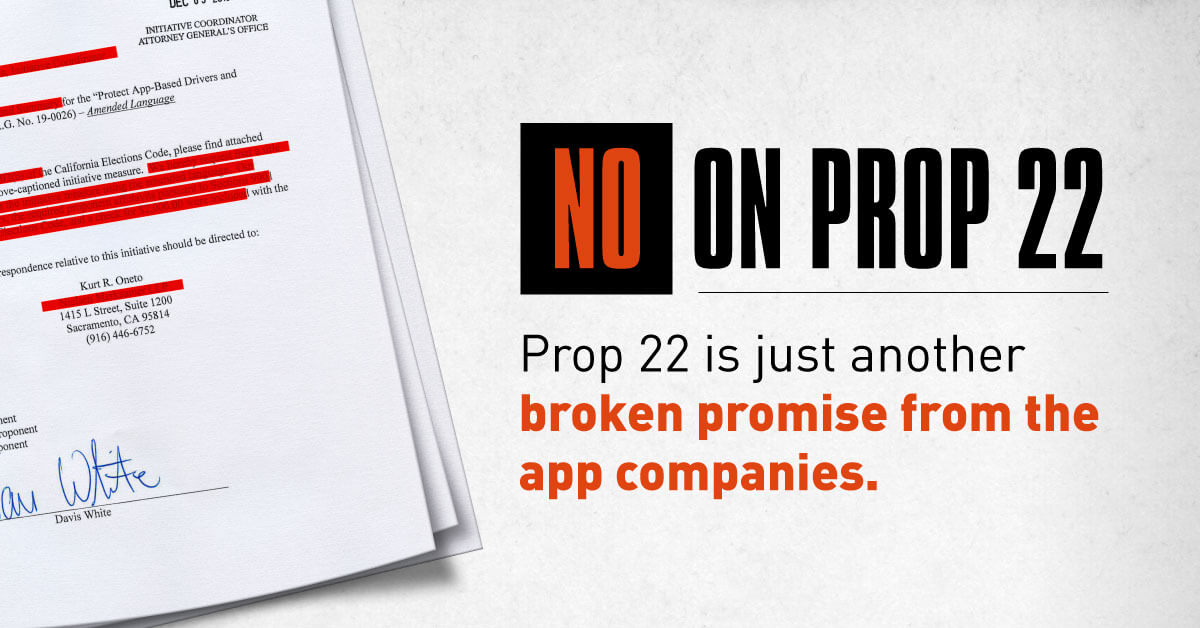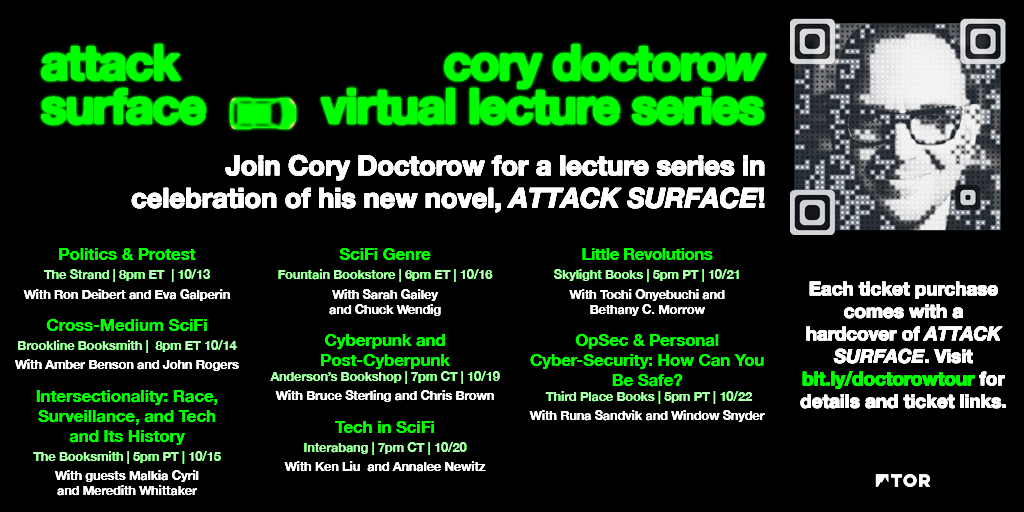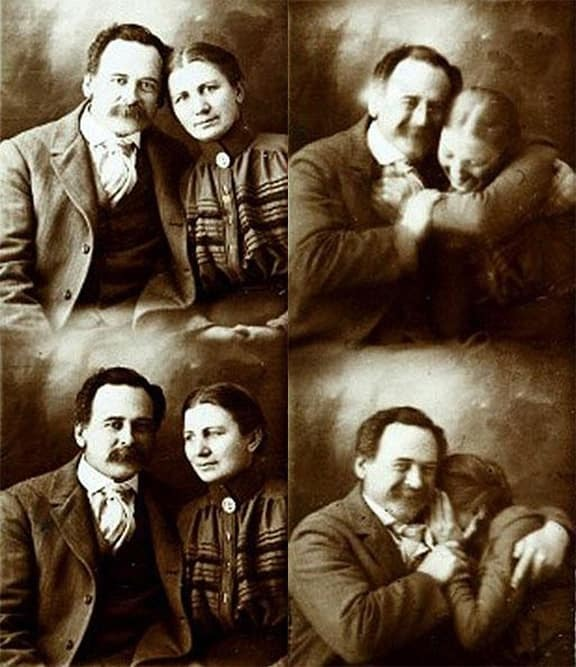
If you live in California, you have been blitzed by messages to vote for #Prop22, a rule that would allow Uber, Lyft, Postmates and other money-losing, destructive bezzles to continue to abuse their employees through the fiction that they are "independent contractors."
1/
1/

Prop 22 is the most expensive ballot initiative in California history, with a pricetag of $186m and counting, money transfered from the never-to-be-profitable app companies that have destroyed so many Californian businesses and lives.
theweek.com/articles/94279…
2/
theweek.com/articles/94279…
2/
These companies launched with deep cash reserves from the Saudi royals, funneled through Softbank, and they were a bet that they could monopolize our state's transport, logistics and food by losing money on every transaction until all the real, money-making businesses failed.
3/
3/
That that failed, Plan B was to unload the companies onto naive investors who would reason that if the companies had survived through years of loss-making, there must be a pony underneath that giant pile of manure they'd been burrowing into.
4/
4/
There was no pony. Uber and Lyft drivers earn far below the minimum wage (once you amortize wear and tear on their vehicles) and this only gets worse as the companies seek to staunch their bleeding without raising prices - by cutting drivers' wages.
5/
5/
Under Prop 22, app companies would have an even freer hand to abuse this desperate, precarious workforce as they seek a path to profitability - a path that does not exist and will never exist.
horanaviation.com/Uber.html
6/
horanaviation.com/Uber.html
6/
But Prop 22 has a legacy that will outlast Uber: if it passes, it will become a PERMANENT FIXTURE of our state law: under its language, it can only be repealed or amended by a SEVEN-EIGHTHS MAJORITY. This is not democracy, it is oligarchic tyranny.
7/
7/
Prop 22 has gotten a tailwind thanks to defects in #AB5, a California law that tried to address the exploitation of gig workers but managed to capture large numbers of bona-fide freelancers, including writers like me. AB5 is imperfect and needs fixing.
8/
8/
Prop 22 is not that fix. Prop 22 is a license to indenture the most precarious and vulnerable Californians to a Ponzi scheme rigged by oil tyrants half a world away. Vote no on Prop 22.
eof/
eof/
• • •
Missing some Tweet in this thread? You can try to
force a refresh





















